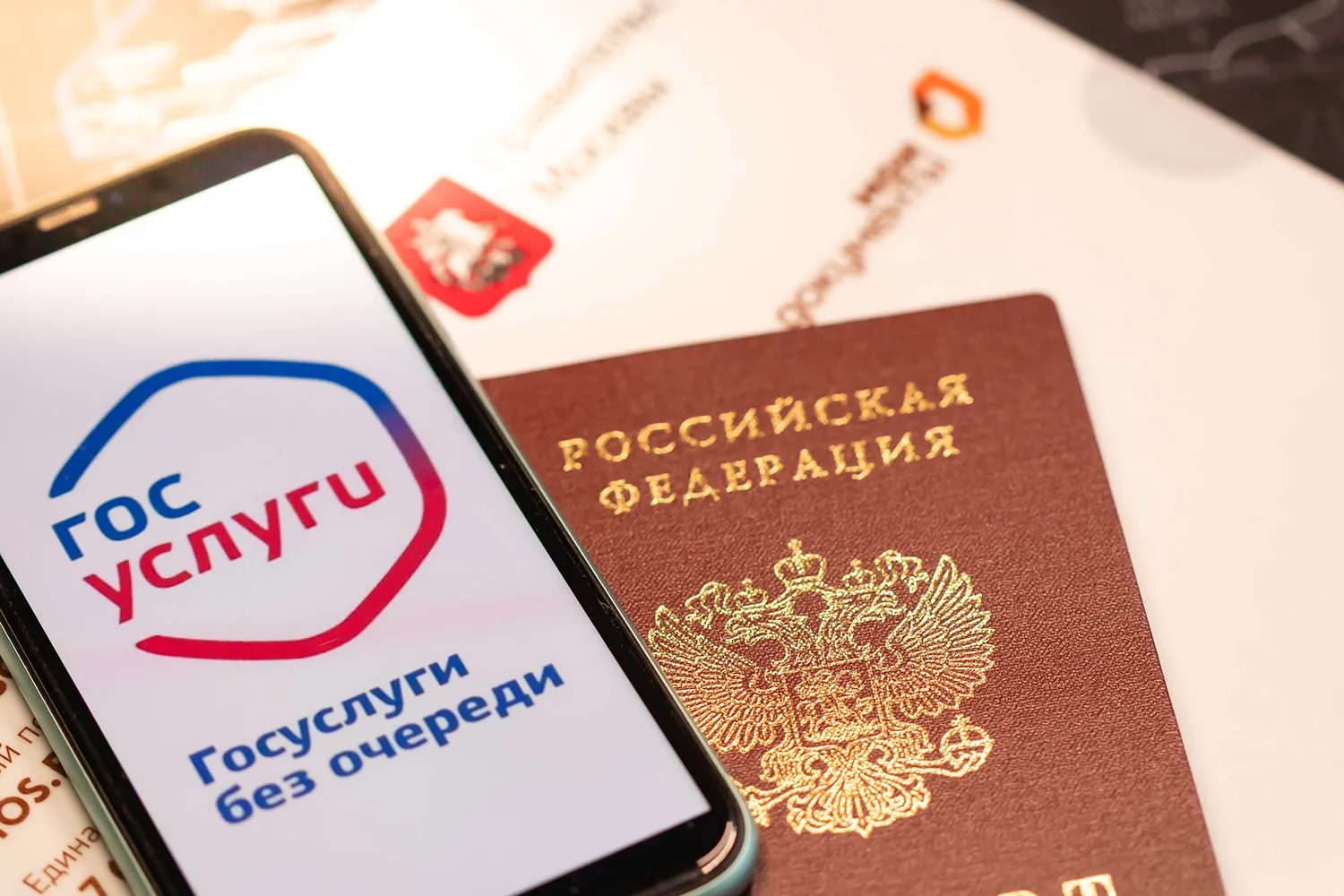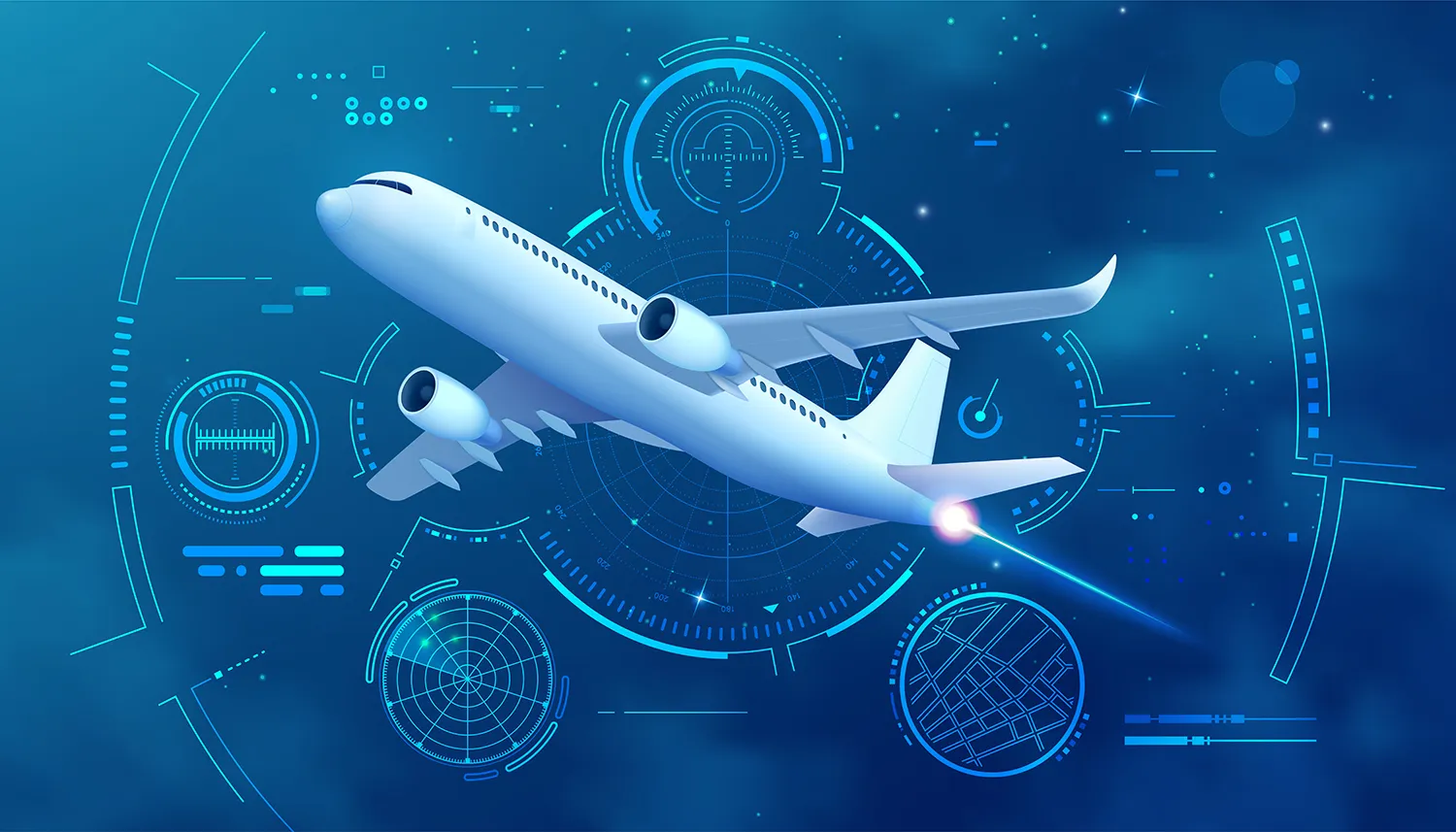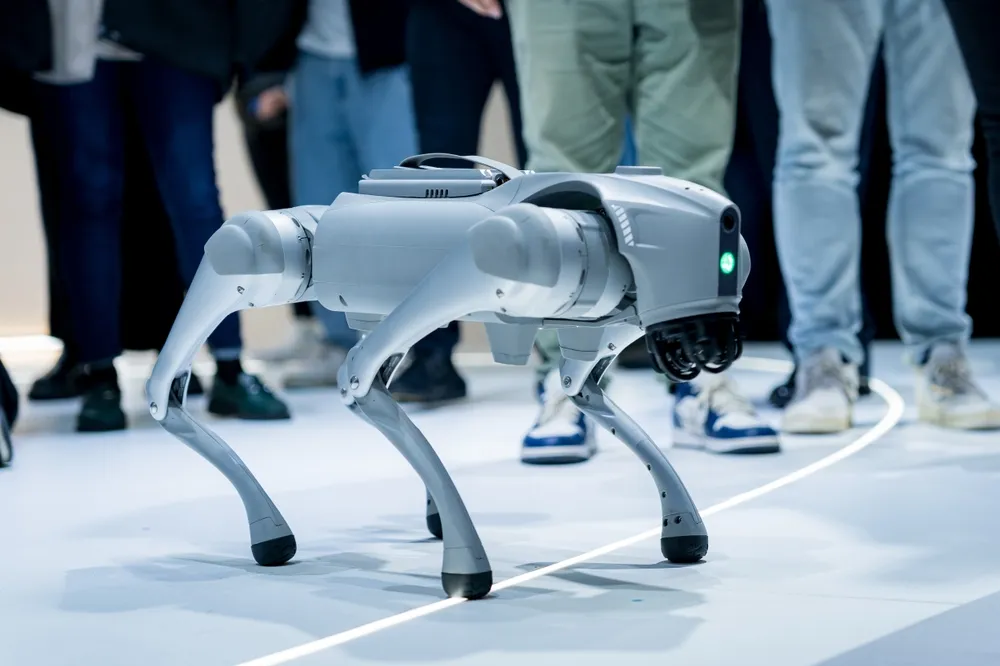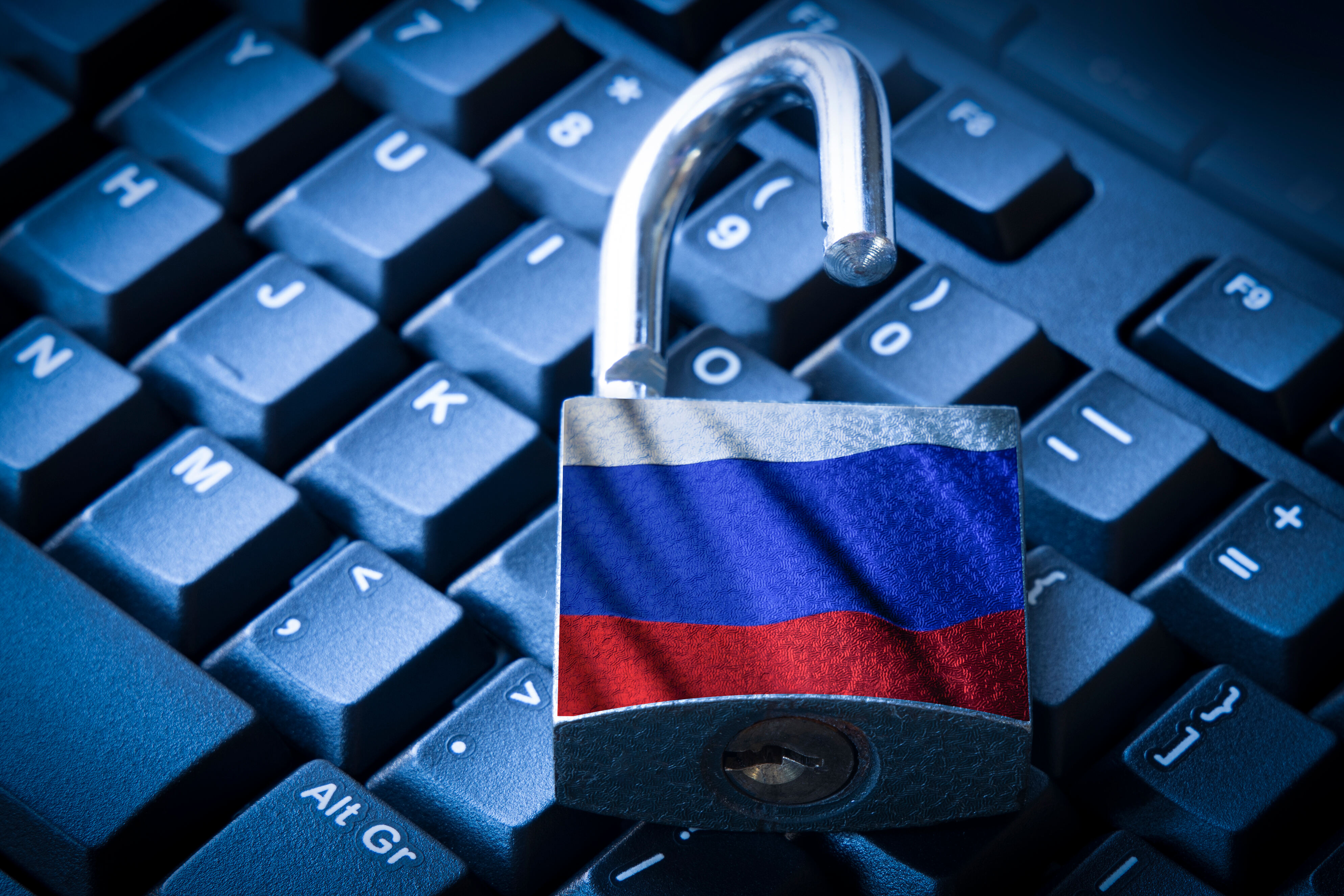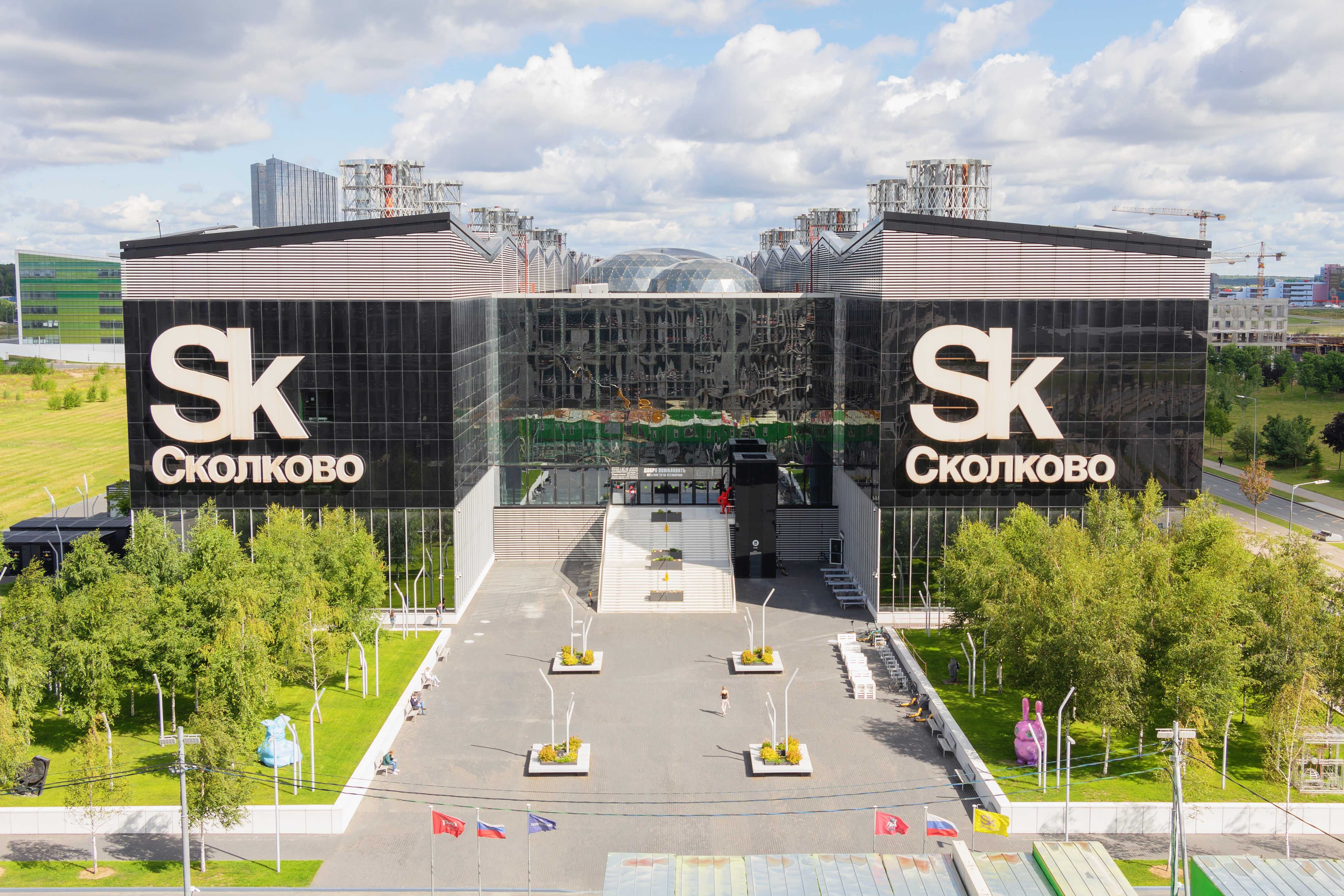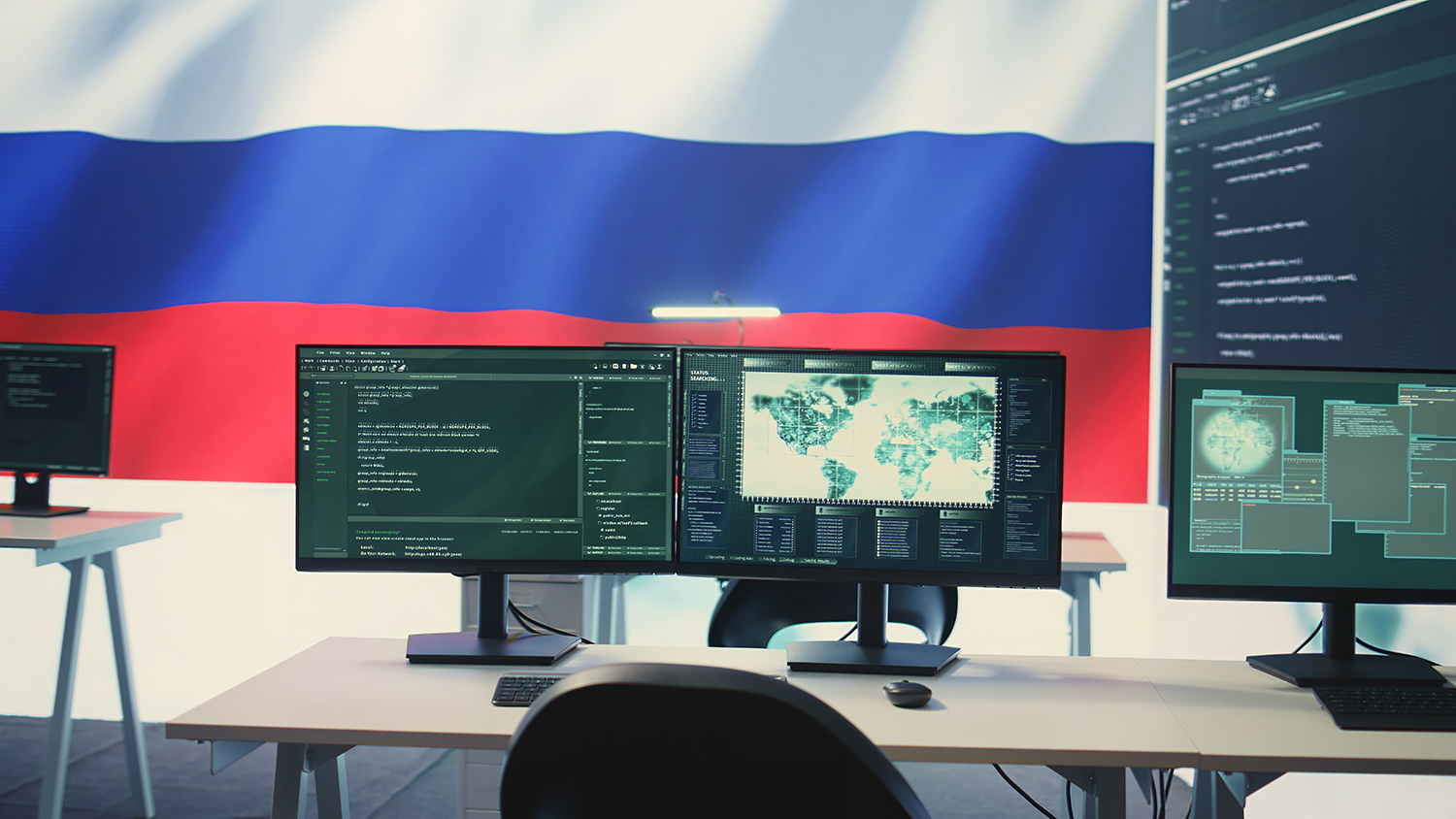Russian E-sports Is Going Global, and It’s Redefining the Game
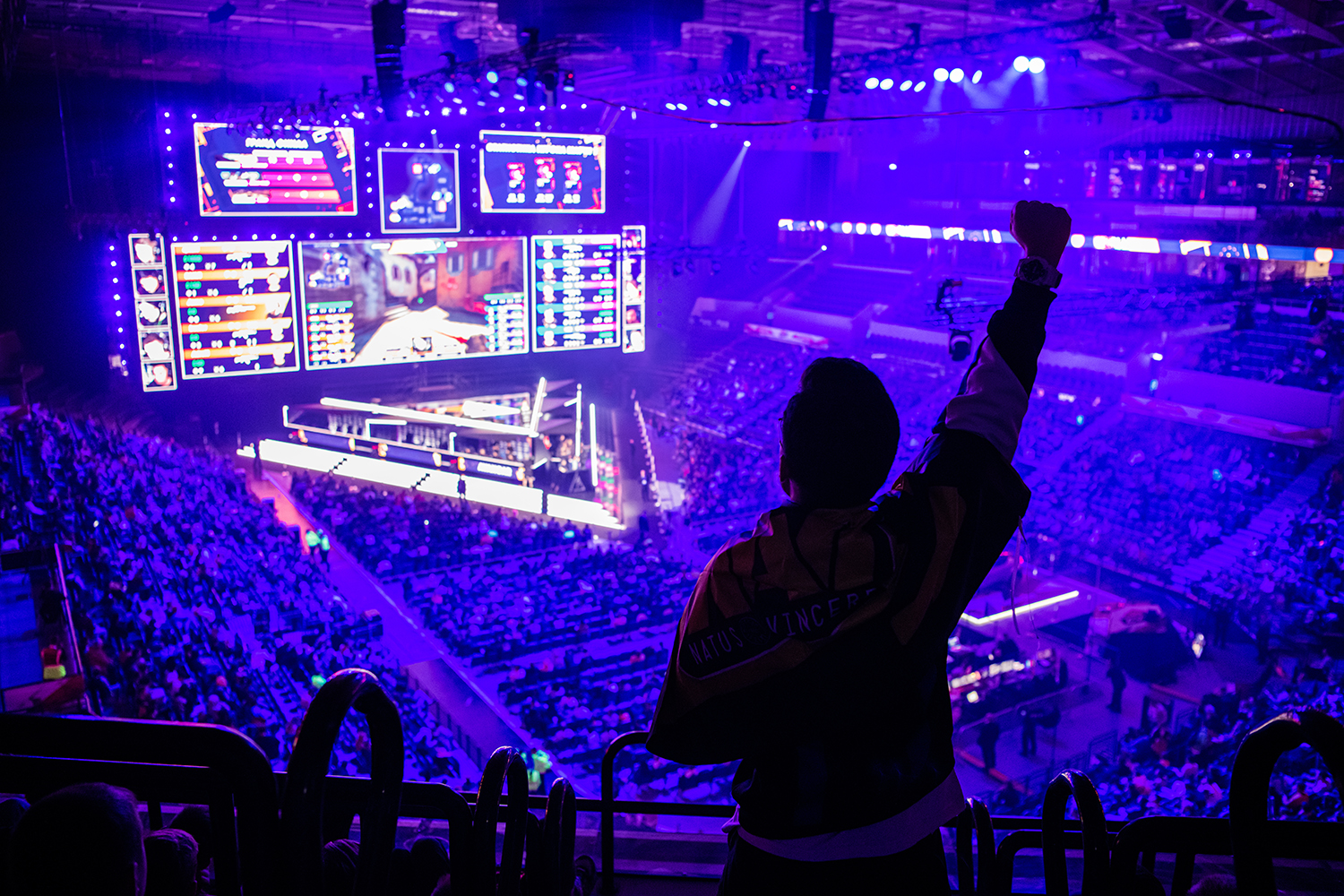
Russia’s e-sports industry is scaling up fast—from pioneering hybrid gaming formats to organizing international tournaments—and capturing global attention along the way.
Russia is aggressively developing new e-sports formats and exporting them to a global stage. The Russian E-sports Federation (RESF) is spearheading large-scale events like the 'Games of the Future' and BRICS championships, attracting teams from Asia, Latin America, and beyond. Meanwhile, Russian teams are proving themselves on the international scene, adding to the country’s credibility in the global e-sports ecosystem.
Russia became the first country to officially recognize e-sports as a legitimate sport back in 2001—at a time when personal computers and high-speed internet were far from common. Early players trained in internet cafés, competing more for the thrill of the game than for fame or prizes.
'Everyone was driven by one big idea—to beat the strongest opponent. We studied, trained, and worked on our mistakes after each loss,' recalls Dmitry Smith, one of the country's early e-sports champions and now RESF president, in an interview with Championat.com.

Building a National E-sports Identity
Fast forward to today, and the landscape has dramatically evolved—thanks to both technological progress and public investment. In 2014, Russia’s State University of Physical Education, Sport, Youth, and Tourism launched a formal academic program in 'Theory and Methodology of Intellectual Sports (E-sports),' which helped legitimize the field further.
This year marks the 25th anniversary of RESF, which has hosted over 10,000 tournaments and built a global community of 2.5 million players. Among its most striking innovations is 'phygital' sports—a hybrid competition format blending digital gameplay with physical athletics. The first phygital tournament was held in Kazan in 2022, and by 2024, the city hosted the inaugural 'Games of the Future,' the world’s first Olympic-style phygital event.
Over 2,000 participants from 107 countries competed in 21 disciplines. The first phase featured digital simulation games via tablets, PCs, consoles, and VR headsets. The second phase was physical, featuring football, hockey, basketball, marksmanship, and MMA in real-life arenas.

The event was both visually stunning and structurally unique. Winners received NFT trophies issued through Atomize, Russia’s blockchain tokenization platform—bypassing Western crypto exchanges entirely and operating within Russian legal frameworks.
From Local Victories to Global Trophies
The concept caught on fast: nine countries are now vying to host future Games of the Future. The next phygital Olympics is scheduled for Abu Dhabi from December 18–23, 2025.
Russia’s breakthrough moment came with Team Spirit’s jaw-dropping victory at The International 2021 Dota 2 championship. It was the first time a Russian team took home the $18 million grand prize. Experts had predicted a 6th-place finish at best.
Two years later, Team Spirit did it again, reclaiming the title at The International 2023.
Russian teams continue to battle for top honors. With The International and the upcoming World Cup in Riyadh on the horizon, all eyes are on what Russia’s e-sports community will do next.









